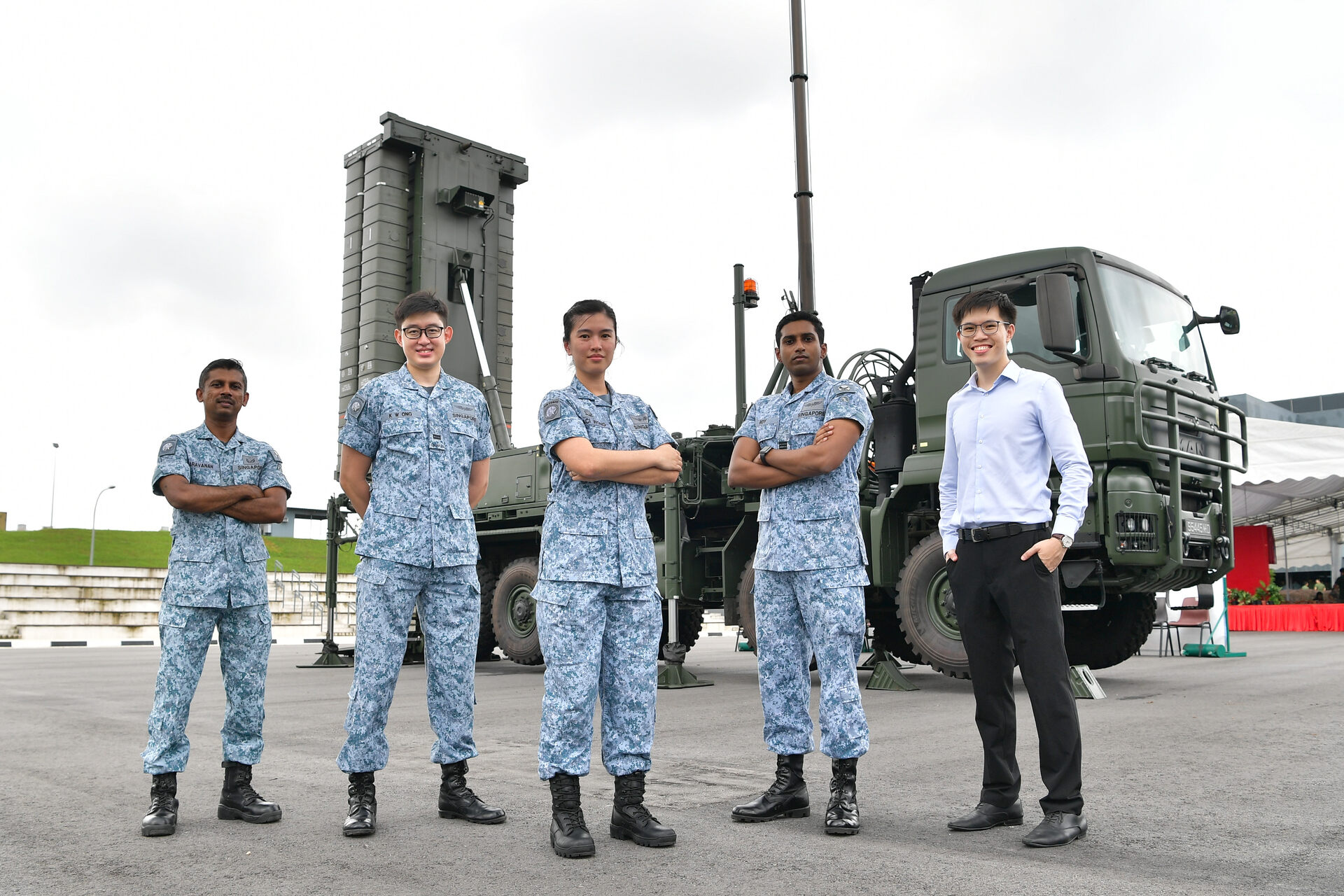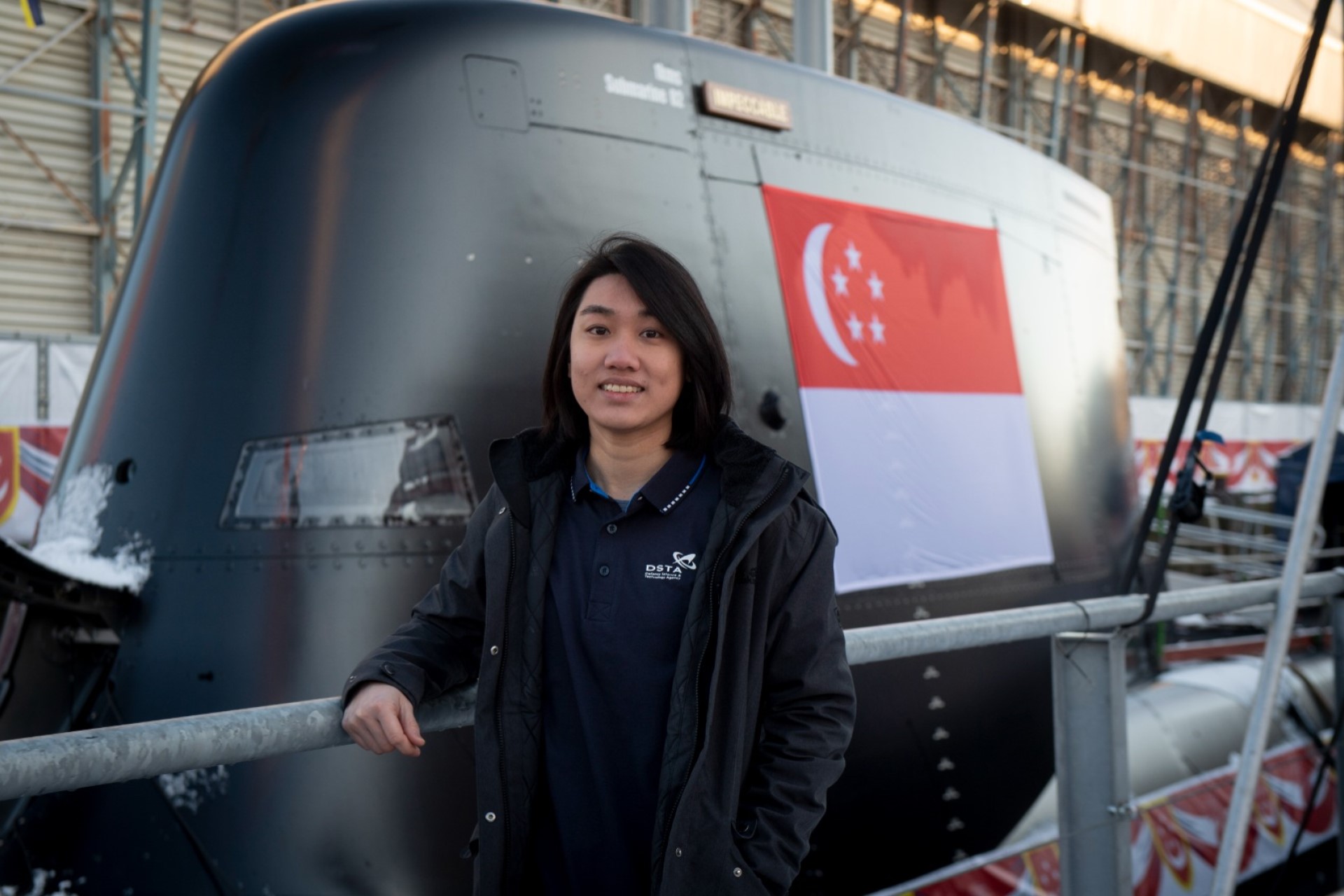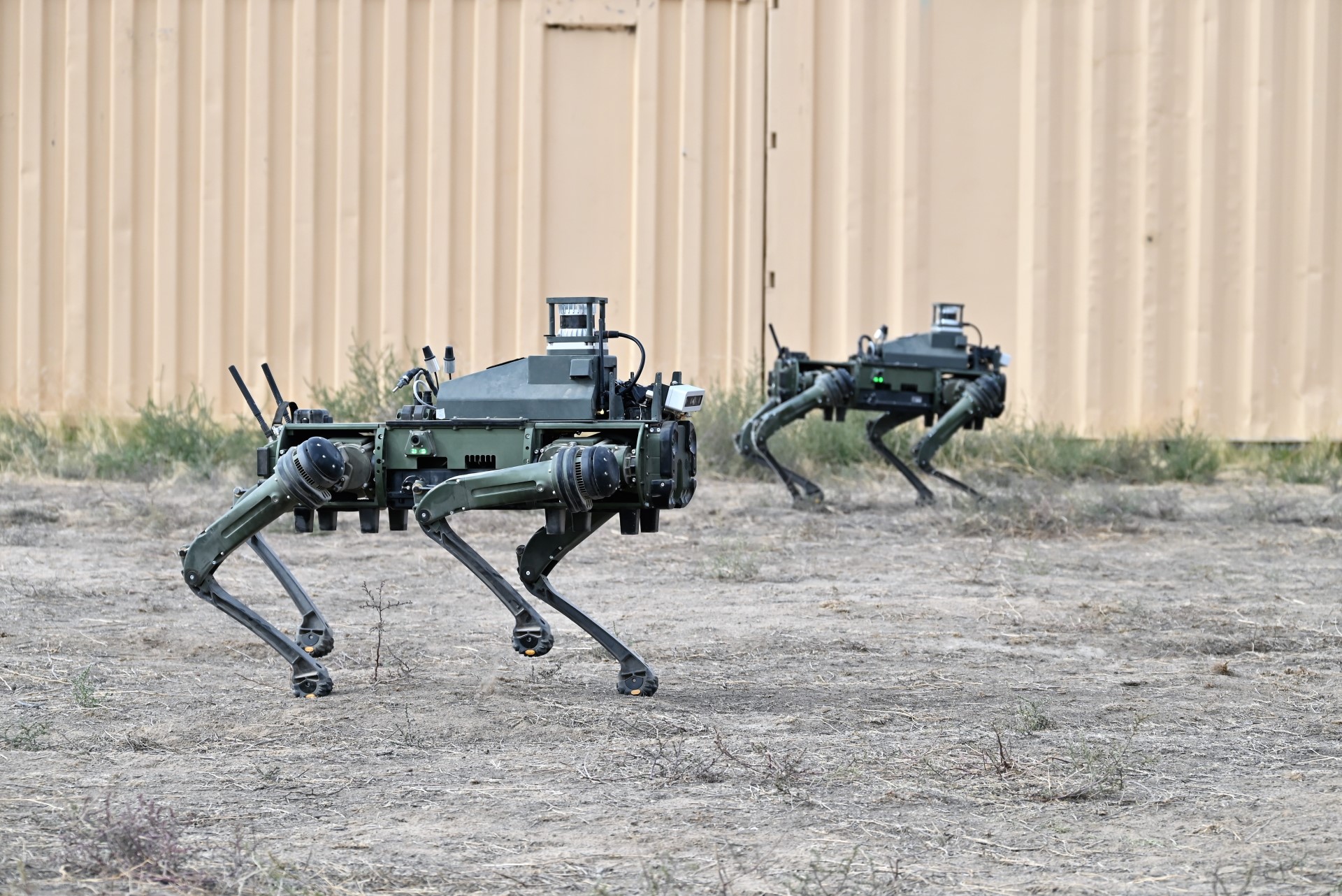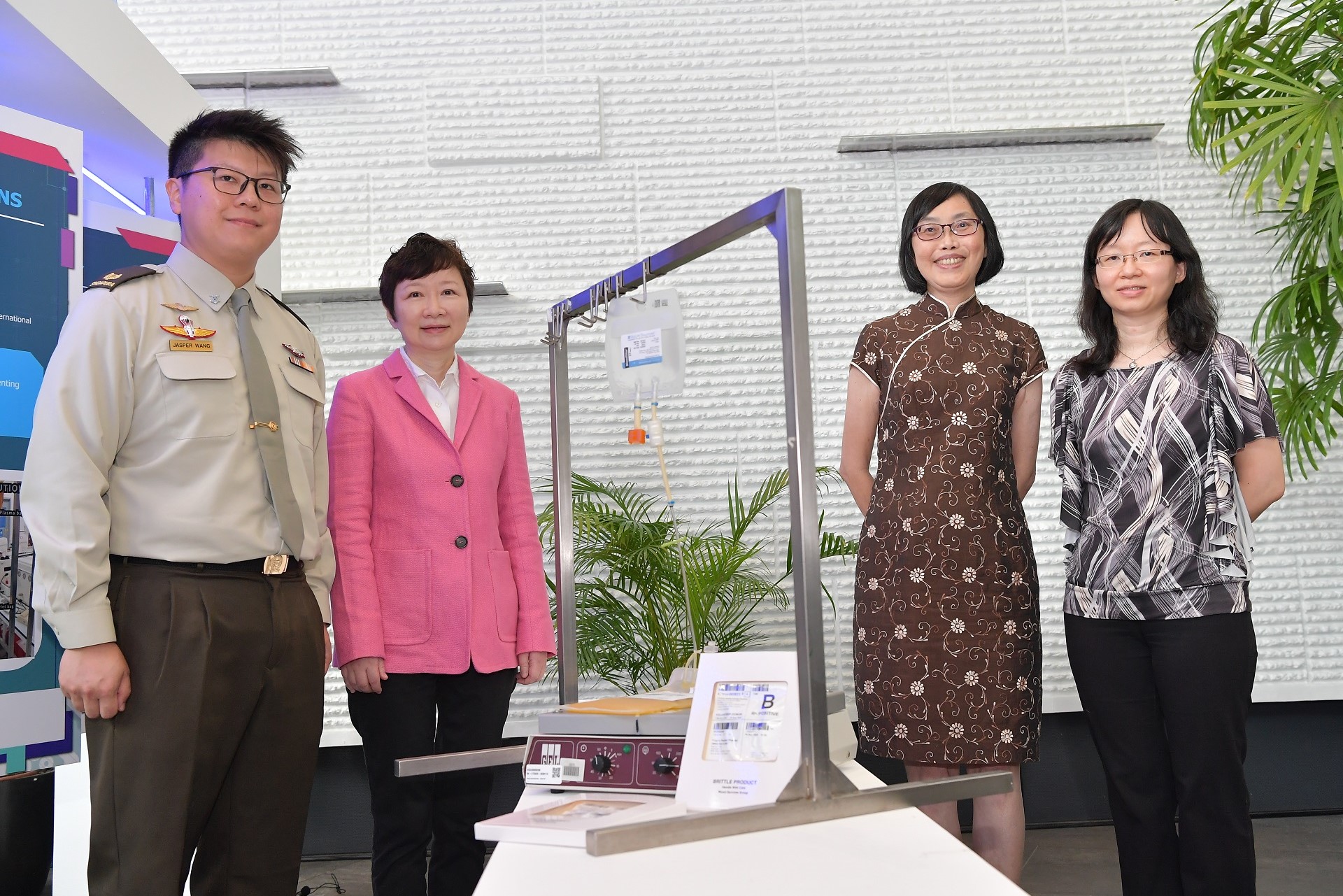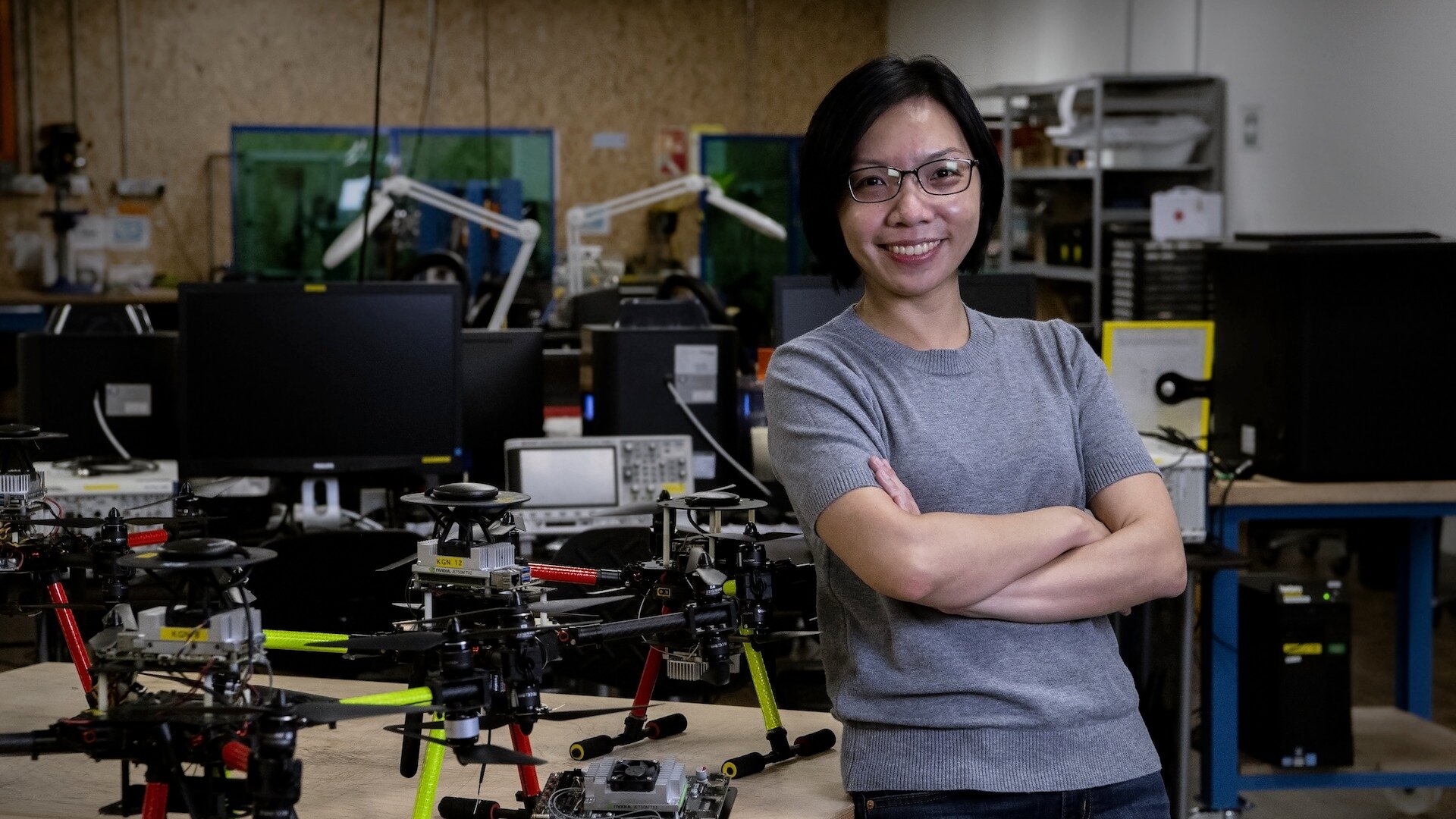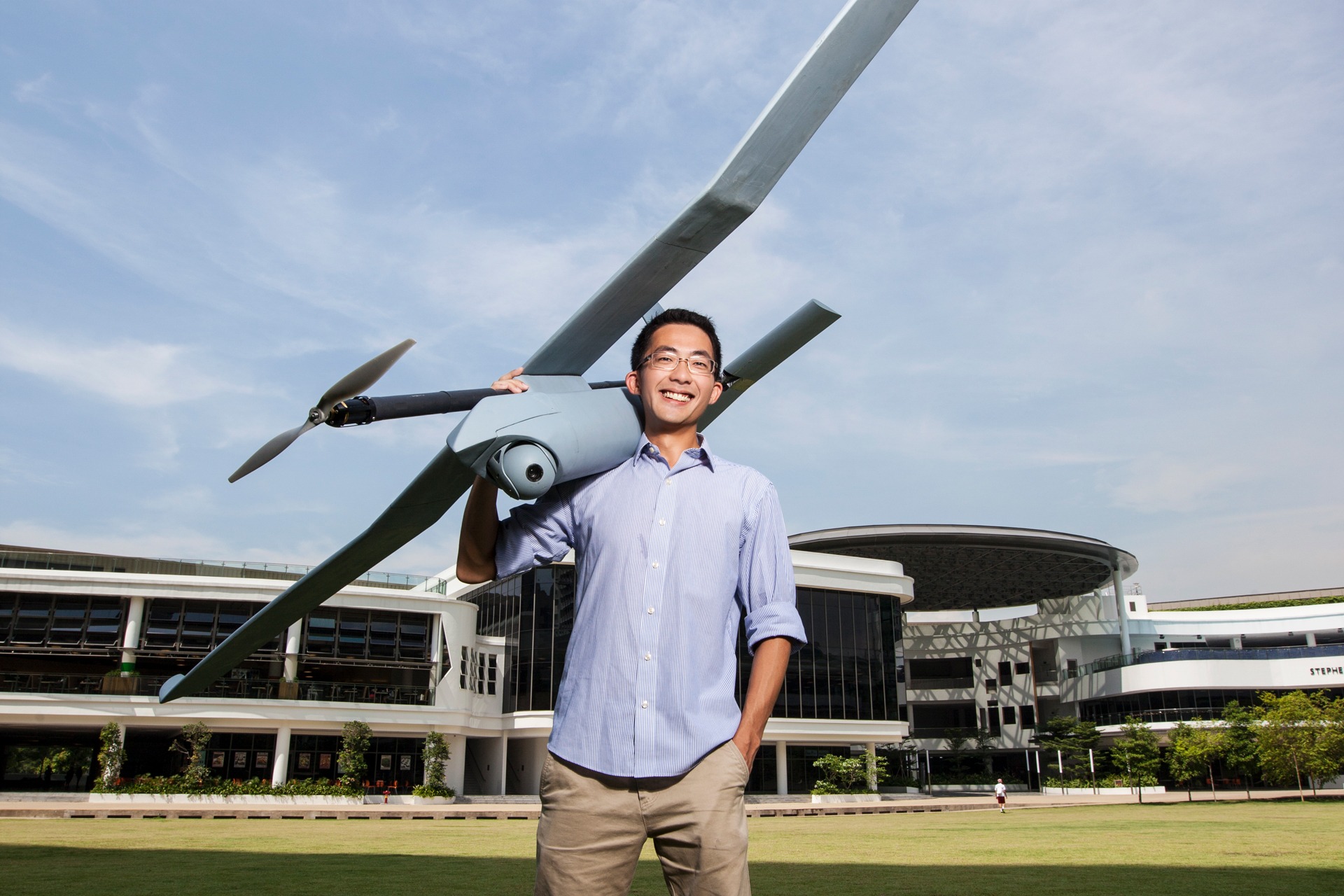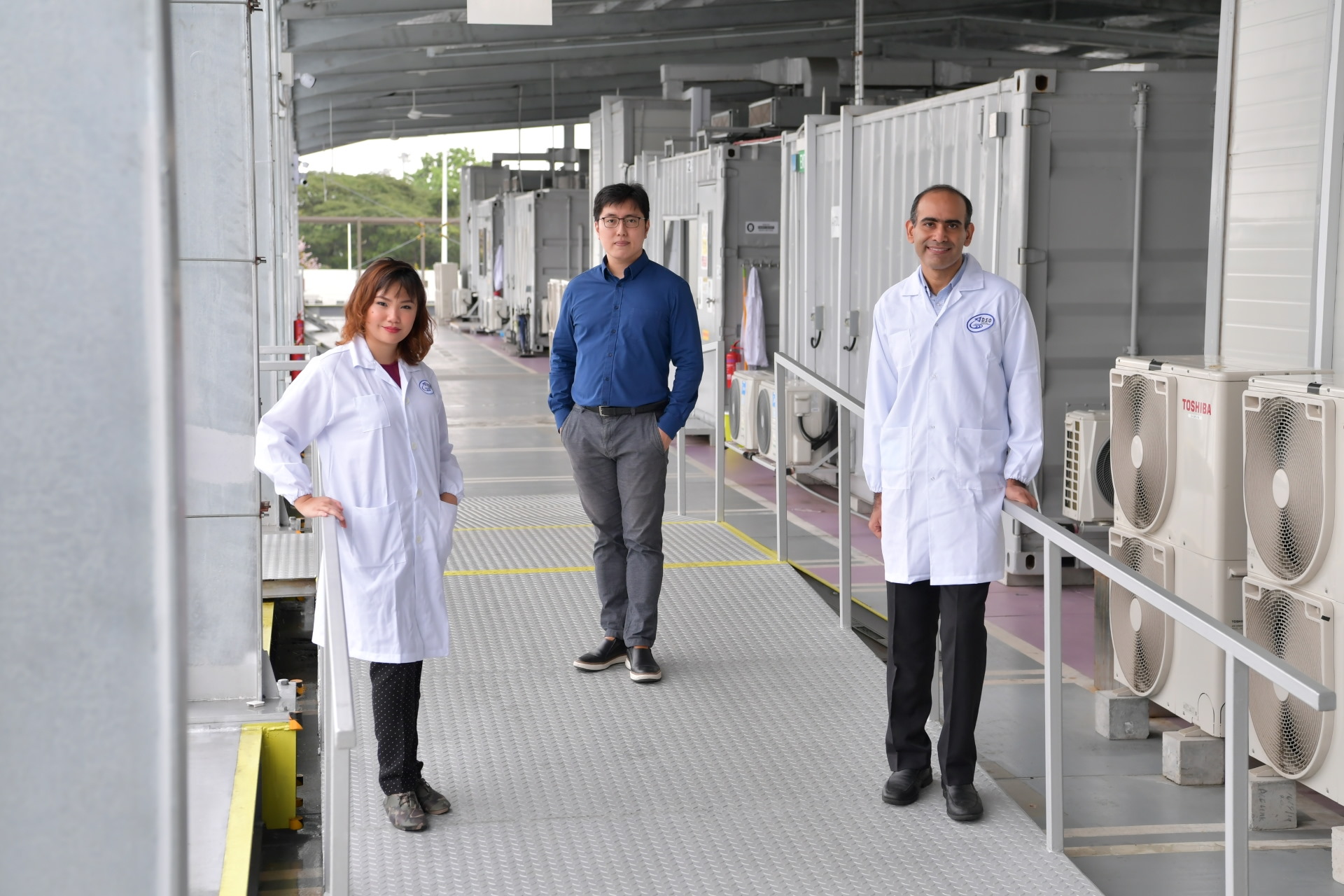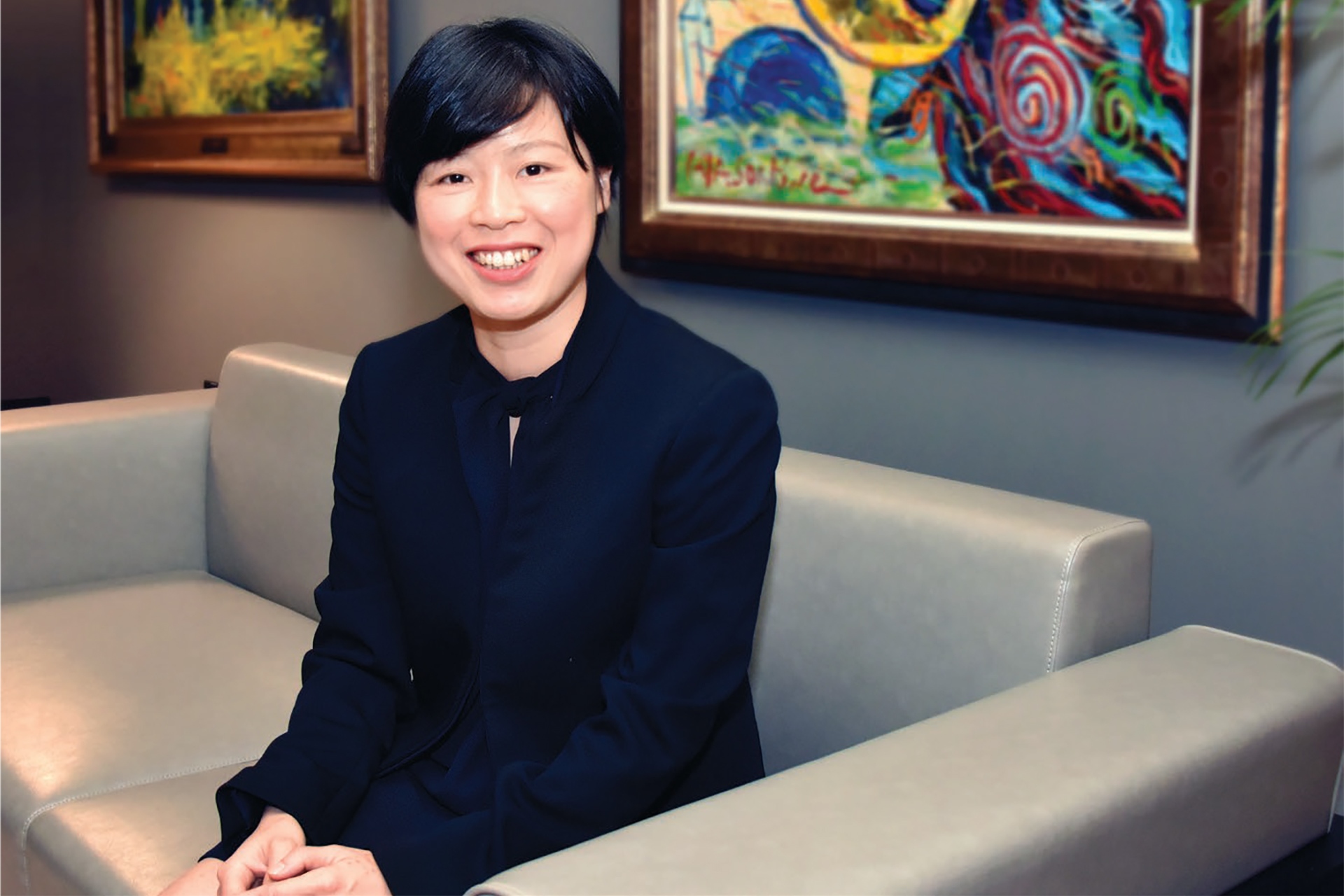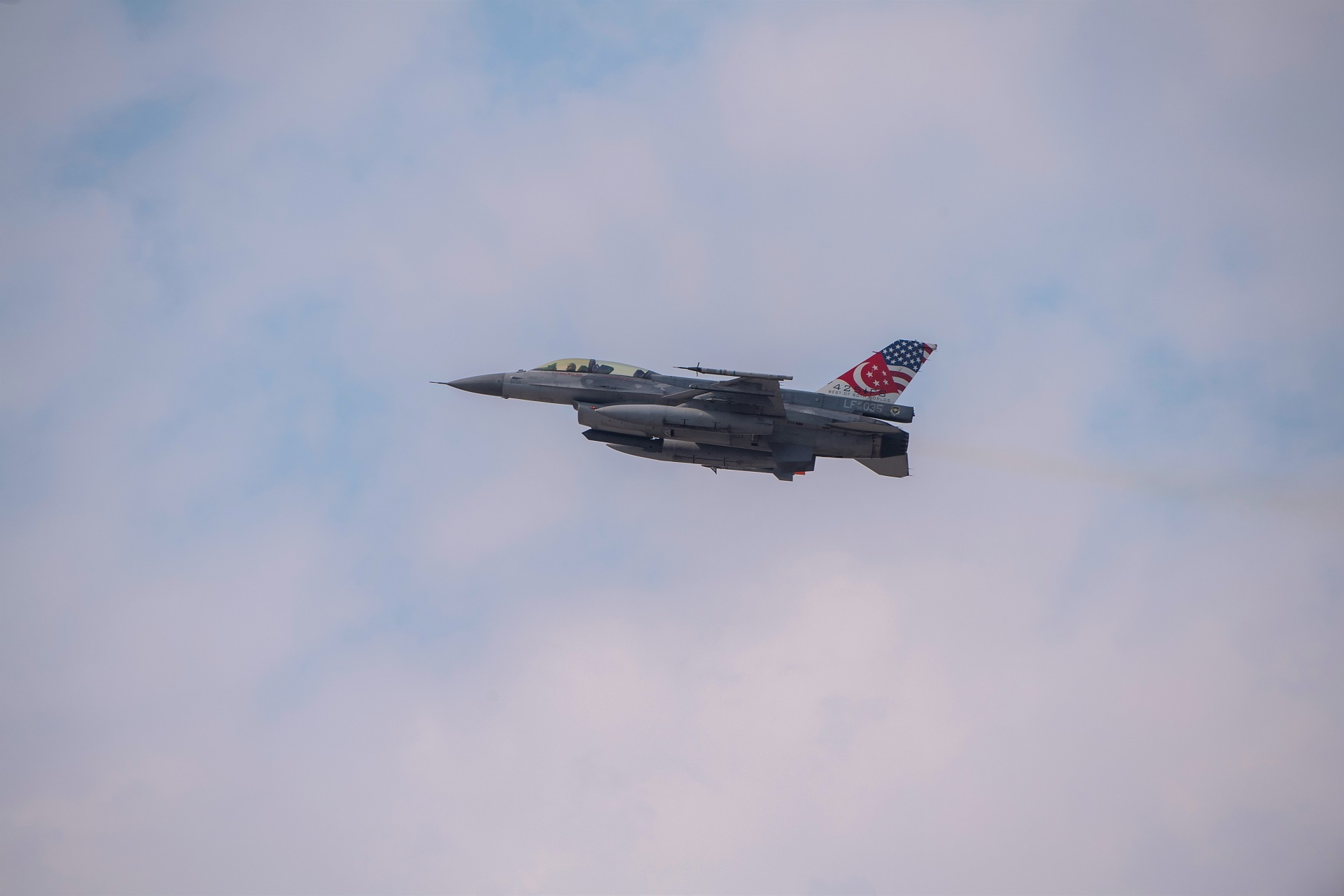As the Temasek Defence Systems Institute (TDSI) celebrates its 20th anniversary, here's a look at how it has contributed to the defence sector.
A need to understand and read technology at a systems level – this was what the TDSI was founded on.
In the early 2000s, the Ministry of Defence (MINDEF) and the Singapore Armed Forces (SAF) recognised a need for defence technology and operations to be smoothly integrated across its various systems.
More importantly, its people needed to be able to understand and leverage these technologies and operations in order to make informed decisions.
With that, the TDSI was set up in July 2001 with the sole purpose of grooming personnel with the capabilities to do so while countering ever-growing security challenges.
"The TDSI is an educational platform to integrate the three communities – the military office, the defence engineers and defence technologies – to create an integrated military force for the 21st century," said Director TDSI Professor Yoon Soon Fatt.
The 59-year-old cited an example of how, in the face of a threat, drones and other reconnaissance systems are first sent in to assess the situation and send information back to base. However, the personnel there must be able to make sense of the information and understand how these systems are interconnected, so that they can make effective decisions.
"This is why having a systems-level thinking is so important," said Prof Yoon.
Building networks & a common language
TDSI's signature course is its prestigious 18-month Masters of Defence Technology and Systems (MDTS) programme.
In the first six months, students are equipped with a broad range of knowledge on systems engineering at the National University of Singapore.
They then head overseas to one of three TDSI's partner institutes – Naval Postgraduate School (NPS), Air Force Institute of Technology or Cranfield University – to focus on a specific field in defence technology. Students can choose from more than 20 areas of specialisation, including underwater warfare, weapon systems and electro optics.
The programme also allows them to work together and form friendships with personnel across various defence sectors – from military personnel to defence engineers and scientists. Forming these bonds and learning a "common language" across disciplines and organisations have proven useful to graduates.
Mr Teo Tiat Leng, for instance, noted that he was better able to understand the perspectives and concerns of scientists and military personnel after graduating from the first MDTS programme in 2002 and returning to his job at the Defence Science and Technology Agency (DSTA).
"In this day, we are often dealing with a suite of systems, not just a singular component. After TDSI, I was a lot more comfortable dealing with colleagues from integrated programme management teams who come from various disciplines," explained the 54-year-old Director (Capability Development) of Systems Engineering and Command, Control and Communications (C3) Centre.
"I understand them better when they are trying to explain the constraints or trade-off requirements of a particular system… (Having that common language also means that) when we work on projects, it's a lot easier to pick up the phone and clarify any problems and this allows us to move on very quickly."
Fellow MDTS alumni Mike Lee, 39, agreed: "TDSI was a game changer. There were lots of discussion with our military counterparts and DSTA personnel and these helped me to understand their perspectives."
The Senior Defence Researcher from DSO National Laboratories (DSO) graduated from the MDTS programme in 2016.
Broadening perspectives
Besides networking, students have to work on a capstone project during their time in the MDTS programme. This involves understanding a threat scenario and putting in place various systems to combat the threat while considering the cost analysis and risk factors.
Mr Lee's project, for instance, was on maritime security. Working with foreign military officers from the United States (US) at NPS broadened his perspective on thinking about the different systems required in various scenarios.
"Locally, we are used to talking about the Singapore Straits. But in the US, they were using the Pacific Ocean as an example and this forced me to see what systems and components were suitable for both waters."
Mr Teo, on the other hand, carried out a large-scale systems engineering project involving multiple teams across different disciplines in NPS. The project challenged him to think ahead, as he had to consider how his systems would be able to last for up to 20 years while catering for factors like threat evolution and costs.
Sharpening his future-thinking skills then gave him the confidence later to take on large-scale projects at work. One example was when he became the lead programme manager for the Changi C2 Centre project in 2005, which was set up to facilitate multi-agency cooperation and regional maritime security information sharing.
As a defence engineer who specialised in C3, Mr Teo found that dealing with a project which involved a lot of construction work with infrastructure, technology and policy constraints was no easy task, but tackling such challenges was precisely "what we learnt to handle back at TDSI".
"We had to weigh the risks and think ahead at a systems level. It was fulfilling, even though I did not get to see the whole project through."
Keeping up with evolving technology
As threats and technology evolve, so must TDSI's curriculum. The institute regularly reviews and updates its modules to explore new and evolving technology such as artificial intelligence, data analytics and cyber security.
Since 2017, TDSI has also been organising technology seminars on topics such as space and quantum technology.
"In modern-day warfare, we have a lot of modern technology and new components and these will continue to be developed. But even with the best technology, it is the people who have to make the decisions. That's where the defence training of the people comes into play," said Prof Yoon.
"Having quality people constitutes the greatest competitive advantage we have – therefore, it is critical we have a good defence educational programme that grooms the finest so that they can become integrated as a team."

